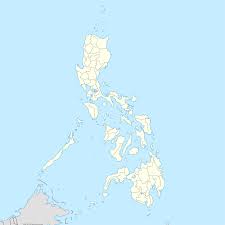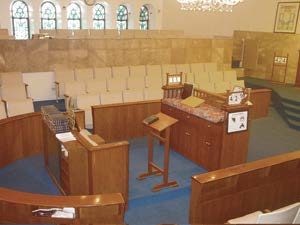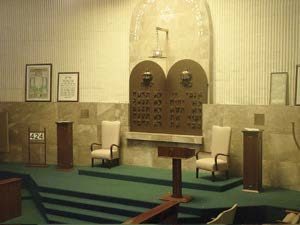 The first Jews had arrived in the Philippines in 1590, a century after the expulsion from Spain.
The first Jews had arrived in the Philippines in 1590, a century after the expulsion from Spain.
The Spanish-American War brought a number of American Jews to the Philippines. It was only after the American occupation, in 1898, that the Jewish community was permitted to organize openly and officially.
French Jewish merchants arrived in the Philippines, after the opening of the Suez Canal, in search of new trading avenues. In 1919, the country’s first synagogue, Temple Emil, was established. Most of the Jews who settled in the country came from the United States, Turkey and Russia.
 Over the next decade, the steadily growing number of Jews from the US was augmented by Russian Jews fleeing World War I and the Bolshevik Revolution, as well as the Russian Civil War in the 1920s.
Over the next decade, the steadily growing number of Jews from the US was augmented by Russian Jews fleeing World War I and the Bolshevik Revolution, as well as the Russian Civil War in the 1920s.
In 1924, a small Moorish- style synagogue named Temple Emil, was built. The following year the Jewish cemetery was consecrated. By the early 1930’s the Jewish community of Manila numbered around 500.
Over 1,300 Jewish refugees were welcomed to the Philippines during the Holocaust. Later, Sephardic Jews from India arrived, as well as those from the American-European Ashkenazi community.
During the Japanese occupation of Shanghai, thousands more Jews settled in the Philippines seeking refuge. In 1942, when the Philippines
was occupied by the Japanese, many Jewish citizens were placed in internment camps and beaten. Furthermore, the synagogue in Manila was destroyed.
 After the war, while the synagogue was rebuilt, many Jews still opted to leave the Philippines. The remaining Jewish community began to rebuild itself. While most of the refugees left, other Jews arrived, mostly involved with business.
After the war, while the synagogue was rebuilt, many Jews still opted to leave the Philippines. The remaining Jewish community began to rebuild itself. While most of the refugees left, other Jews arrived, mostly involved with business.
Today, the Philippines is home to a small but thriving Jewish community of roughly 100 Jews. However, most Jews are transient businessmen or American military soldiers. The Jewish Association of the Philippines serves as the communal organization for the community in Manila. In 1983, a new synagogue was erected in Manila. The community also has a full-time rabbi.